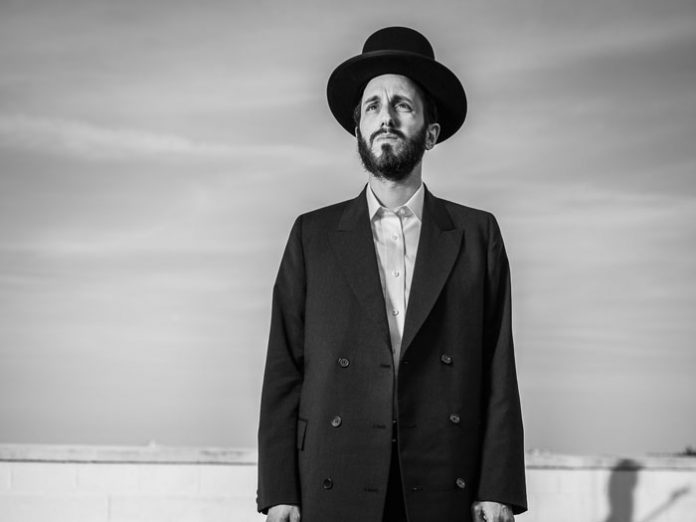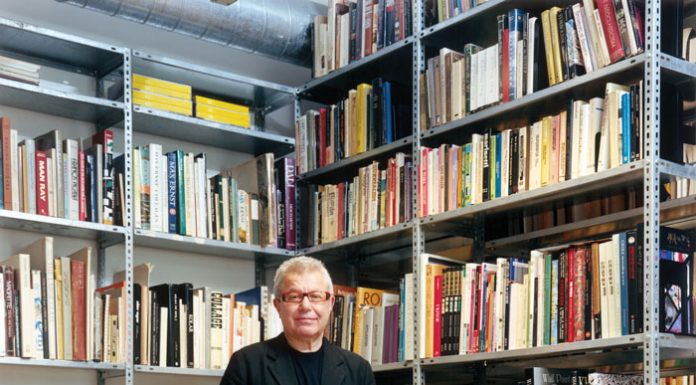If one of the aspirations of the Satmar Rebbe, zt”l, was to embolden chasidim with beards and peiyos to participate in life in the United States without fear of retribution—and many of his closest aides have affirmed that he articulated as much—then Shia Hersh Friedman and his associates from Williamsburg are the fulfillment of that dream. Who would ever have believed, except for someone with prophetic vision, that a few chasidim would have what it takes to launch a successful lobbying campaign to change the way the world’s most powerful country treats its prisoners? But that is precisely what they did. On May 22, the US House of Representatives passed a bill entitled the First Step Act to make jail sentences shorter and more rehabilitative, thanks to the efforts of Friedman and his friends.
Shia Hersh knows what the Satmar Rebbe strove for more than many others, as he grew up in Kiryas Yoel and hails from a family of true Satmar insiders. His father’s brother is none other than Reb Moshe Friedman, the renowned gabbai of Satmar. Yet while his spirit for activism may come from Satmar, he attributes his passion for facilitating prison reform to the Munkatcher Rebbe—after which it became a joint undertaking of Satmar and Lubavitcher yungeleit.
As Shia Hersh tells it, the Munkatcher Rebbe, whose involvement in the great mitzvah of pidyon shvuim is legendary, recognized years ago what many Americans are slowly coming to realize now: that the United States locks up too many people for far too long. Although the US comprises only 5% of the world’s population, it holds 25% of all its prisoners. The disproportionate number of people who are incarcerated is mostly the result of draconian sentences handed down by judges for nonviolent crimes. After speaking to the Munkatcher Rebbe, Shia Hersh decided to do something about it.
Initial Steps
“In 2009 I got involved in the government’s prosecution of several members of the Yakubovitch family. In an interesting conversation I was privileged to have with the Munkatcher Rebbe about that case, the Rebbe shared that as much as America is a malchus shel chesed, its prison sentences are among the harshest in the world, particularly when it comes to white-collar crime, and he was very concerned about the future if the trend continued. In America, a person can be sent away for life for a single ill-advised financial crime, Hashem yeracheim. That conversation made me very passionate about the issue of prison reform, and I started thinking about different things we could do about it.”
As someone who was already familiar with government on the state level, Shia Hersh knew how lobbying worked. But what he was still unfamiliar with was how the judicial system operated, as well as the bureaucracy that is in charge of the prisons. So he decided to do some research and solicit the opinion of experts.
“One of the things I found out was how little oversight there is when it comes to prosecutors, meaning that they can basically do whatever they want. It was also amazing to see how ridiculous the sentencing guidelines were for white-collar crimes. In Europe, people who commit murder are released sooner than those who commit a nonviolent crime in the US. Many law enforcement professionals agree that the current penal system here is widely off the mark.
“Around the same time, the US Supreme Court came out with a decision saying that the sentencing guidelines passed by Congress weren’t mandatory but merely a recommendation for the judges. But even after that decision, the mentality of the judges didn’t change. While they’re allowed to take many different factors into consideration when sentencing, most of them continued to follow the old guidelines. That meant exceptionally long prison terms for people who did something relatively minor. There’s just no logic to it.”
“There is logic to it,” I counter. “It’s middas Sedom, insisting on applying the strict letter of the law regardless of the circumstances.”
“I agree,” he replies. “Just look at the person who ended up going to jail after the ‘Bridgegate’ scandal, Bridget Anne Kelly. This is a mother of two children who received a sentence of 18 months. She was only doing what she’d been told to do, but she was punished very harshly. Everyone’s talking nowadays about how unjust it is to separate kids from their parents when it comes to illegal immigration, but she’s going to be away from her children for a year and half for creating traffic. The punishment is disproportionate.
“When a person goes to jail, they’re basically destroying the lives of everyone else who is associated with that person. The whole family is devastated, especially the wife, who is often destroyed financially. Even a short sentence of a year or two affects the person mentally and emotionally, and everyone else suffers because of that.
“I attended the Yakubovitch sentencing. When the Munkatcher Rebbe told the judge that the defendant had a family and children who needed their father, the judge responded coldly, ‘I see lot of people from the community here. They can take care of the children.’ It made me realize that the sentencing guidelines are only one aspect of the problem, because after the person goes to jail he is then under the jurisdiction of the Bureau of Prisons. So there were many different things to be tackled.





















